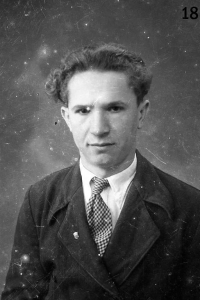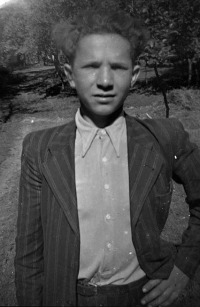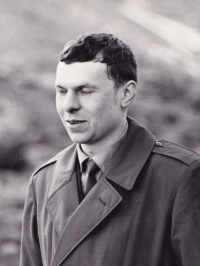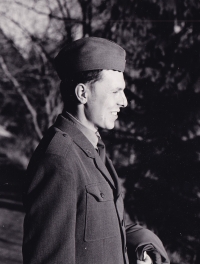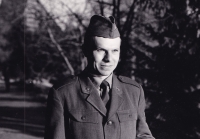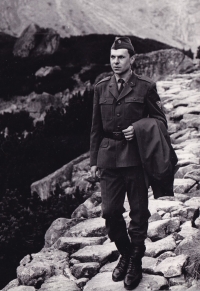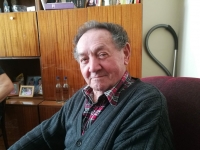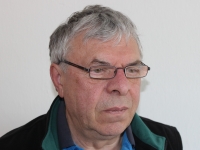They had complete records of every person´s life

Download image
Pavel Balúch was born on 16 March 1952 in Rájec nad Svitavou (today Rájec-Jestřebí) in Blansko region. At the end of the World War II, on 2 April 1945, his father Pavel witnessed a bloody incident in Plavecký Mikuláš, where the Nazis executed several local inhabitants and sent many others to concentration camps. During the war period, his uncle Josef Kříž tragically died during interrogation at the Gestapo in Pardubice in 1941. At the turn of the 1950s and 1960s Pavel Balúch finished primary school in Rájec, after which he graduated from the apprentice school of Metra Blansko. He then studied electrical engineering at the Brno University of Technology (VUT) for three years. He did not finish his studies for long-term health problems and in 1977 he received a draft order to Poprad. During his military service he worked as a typist. Due to persistent health complications, he was discharged from the service early and he joined Metra Blansko, where he worked until the Velvet Revolution. After the change of regime, he completed his education at a medical and rehabilitation course and worked for ten years as a medical staff member at St. Anne’s University Hospital in Brno. At the time of the interview (2022) he was living in Blansko.
